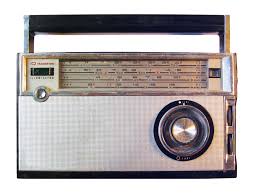 |
| Source:MarketWatch.com |
You don’t get to see 1,000 point fall on Hang Seng
routinely. More than Greece, it is what is happening in China is affecting it.
China’s markets lost $3.2 trillion in last three weeks. The volatility has
taken out the nerves of investors. No matter what the Govt. or central banks
does, they would not come back in a hurry. Look at the worst performers on Hang
Seng index today. They are China domestic market related stocks.
 |
| Source: Investing.com |
India’s share in copper production is very insignificant so
it is a positive with its import costs coming down. Cheaper copper does its bit
in cooling down inflation. Is it time to smile for Indians? For consumers, it
is ‘Yes’ but for industries it is a ‘No’. Slowing down China will lead to
dumping of many other commodities, not just copper but steel too, which would
mean bad news for steel factories here. They will have to run factories at a
lower utilization levels and keep away the expansion plans. That will hurt
investments, new jobs creation etc.
Bursting of bubbles and prices coming back to realistic
levels is a common thing across markets. And falling commodity prices would
provide a much needed relief for Indian consumers from inflation and that would
bring down the interest rates. That cycle has already started. And it would surely help long pending infra
projects. But will that kick start new investments to drive growth? New
industrial investments of big scale do not happen unless their existing production
houses run at full utilization. But with the dumping of commodities, there
would not be much rationale to for it. So Capital Goods, Mining and related
industry will have to wait longer for their ‘Achhe Din’.










